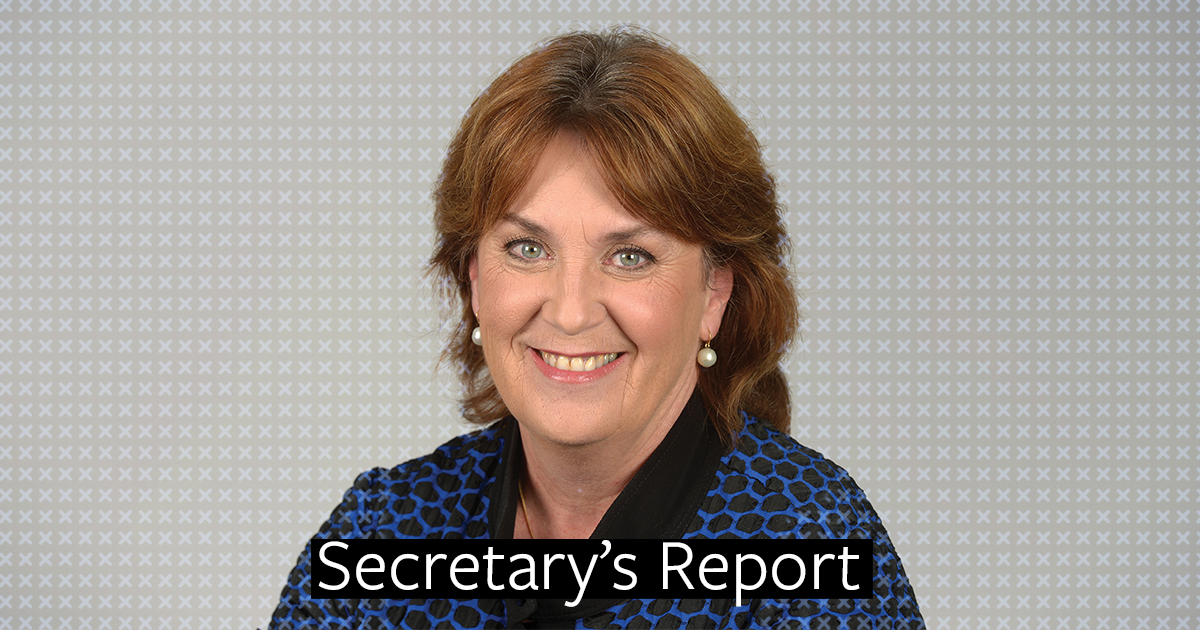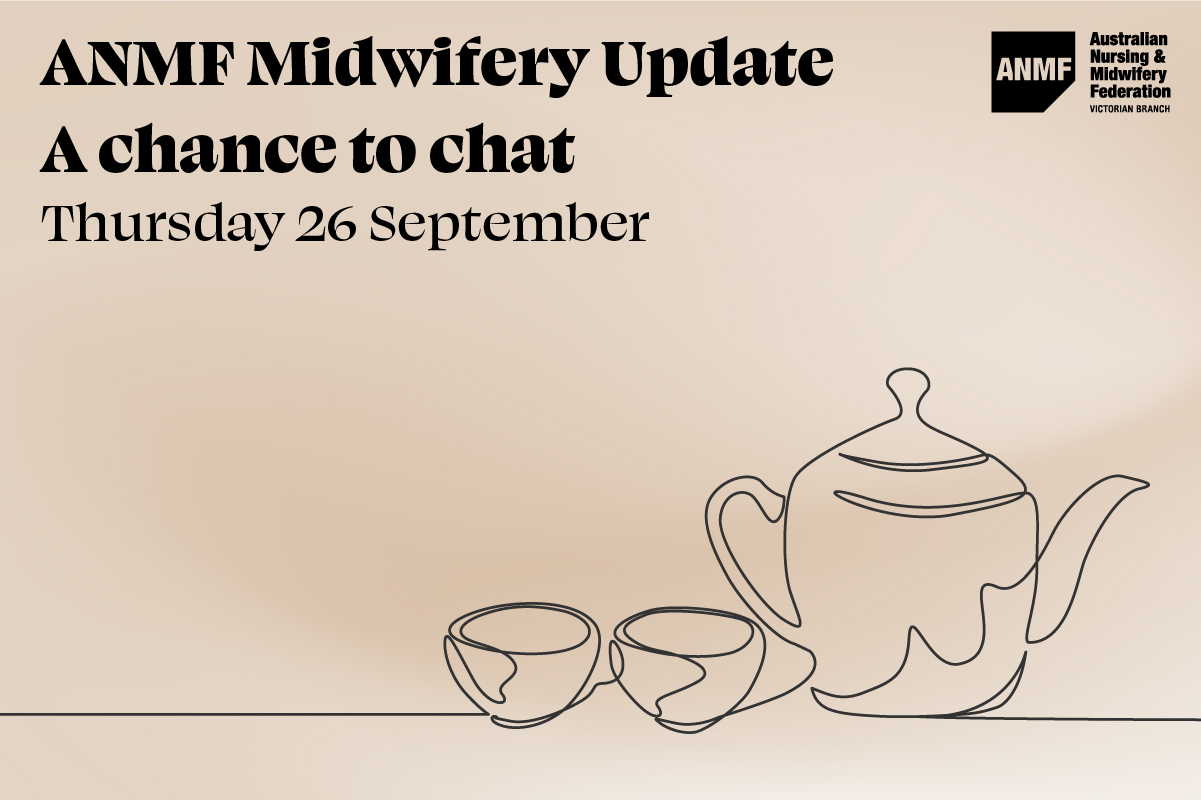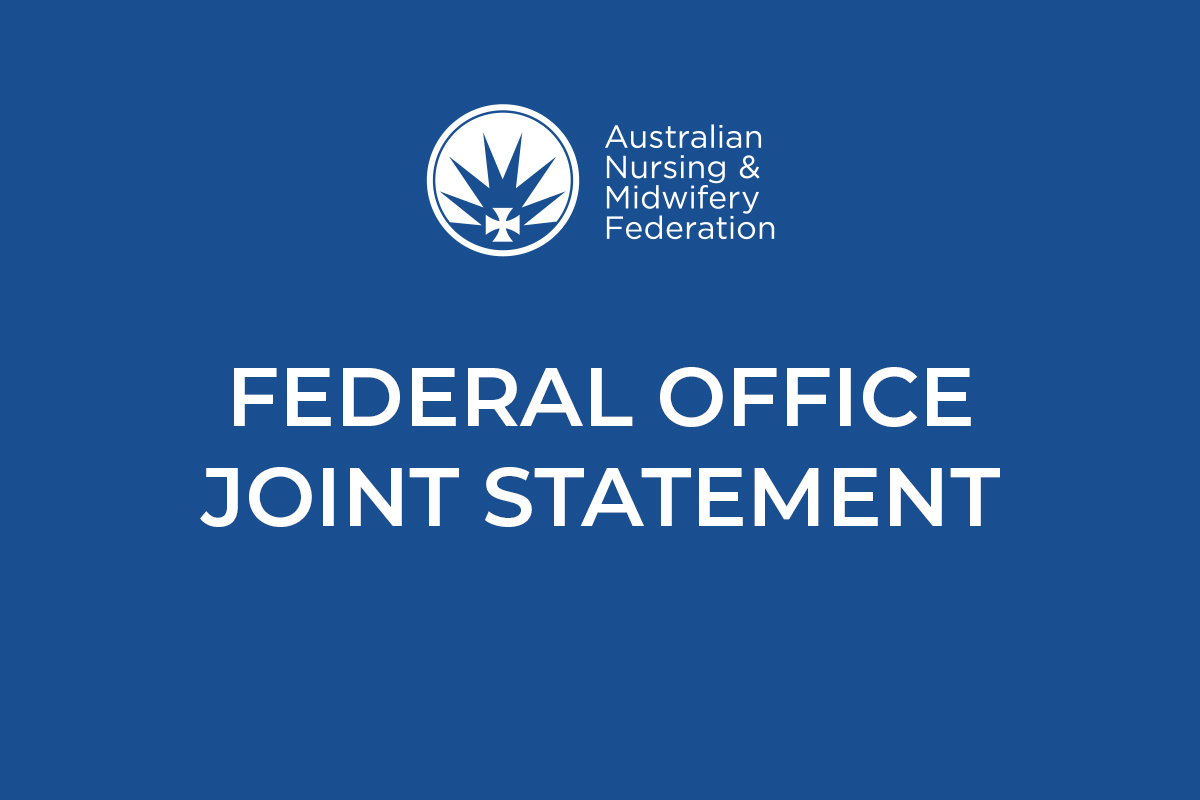
The COVID-19 vaccination of the ‘priority’ aged care workforce is still a shambles.
The Morrison Federal Government should have funded state governments, and provided vaccines, for public sector nurses to visit every aged care facility (there are about 2722) to vaccinate staff.
Instead, Prime Minister Scott Morrison was quick to announce mandatory vaccination after the 28 June 2021 National Cabinet meeting. And more than a week later Federal ANMF’s request for important clarification for our members goes unanswered.
If there was a comprehensive, intentional, well-thought-out plan we would know:
Which vaccine will staff be offered?
Will there be in-reach services? Will vaccination services recognize the 24/7 nature of this work?
Will there be an education campaign, with consistent messaging?
What about paid leave in the event people have an adverse reaction?
If the workforce is vaccinated, does that mean the end to the single-site directives during an outbreak?
Is there a workforce contingency plan in the event a large number of workers are not vaccinated by the deadline?
What about in-home care staff?
And what about residents’ family, visitors and contractors?
What happens to a staff member who has a legitimate health reason for not having the vaccine?
Will alternative work be offered, or will staff be dismissed?
What measures are in place to track the $11 million vaccine grants for providers?
Instead, aged care nurses and personal care workers continue to unfairly cop the blame for the failures in the Morrison Government’s aged care vaccine rollout. Remember they said they would vaccinate all staff at their workplace. But they didn’t.
ANMF strongly encourages aged care nurses and personal care workers, and all our members, to have the COVID-19 vaccine. It will protect you, your family and your residents, patients and clients from severe illness and death.
But like the Australian Health Protection Principal Committee which provided advice to the National Cabinet, ANMF knows that punitive measures are not always the most effective. As the AHPPC said mandatory vaccination ‘could have unintended consequences, including on the availability of the workforce, which in turn, could impact the quality and safety of resident care’.
The AHPPC also recommended that a ‘robust risk and benefit assessment’ should be provided to National Cabinet by early August, ‘highlighting the key risks and proposed mitigations ahead of implementing the mandate.’
That expert advice must not be ignored.



